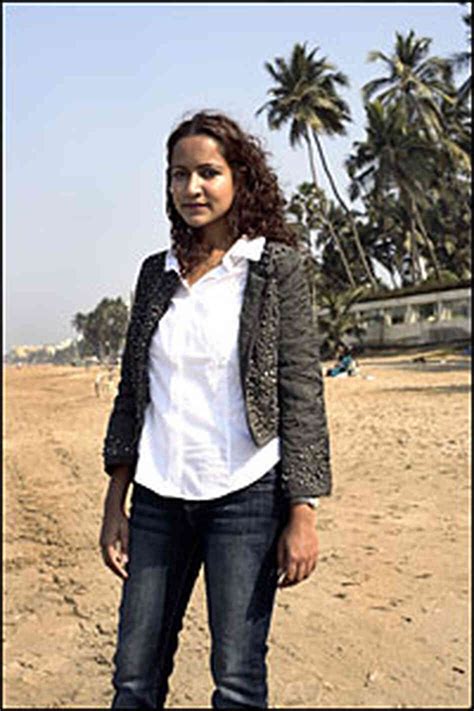Цитата Исайи Берлина
Основное чувство свободы — это свобода от цепей, от заточения, от порабощения другими. Остальное является продолжением этого смысла или же метафорой.
Связанные цитаты
Творчество само по себе есть радостное открытие. Акт творческого воображения, изобретения, высказывания по-другому, создания метафоры или образа, а затем создания другой метафоры или образа, когда вы идете дальше или когда вы пересматриваете, — все это берет то, что вы считаете «есть», и дает понять, что существуют и другие возможности. . Чувство возможности, амплитуда и свобода, которые приносит чувство податливости, - для меня это не может не радовать.
Истинный дух бодхисаттвы вырастает из этого личного чувства свободы. Вы обнаружите, что больше не чувствуете себя таким нуждающимся. Вы не жаждете очередной заправки — шаматхой или любовью и вниманием других людей — потому что вы знаете внутри себя, как быть свободным, как быть уверенным. С этим чувством безопасности и свободы вы начинаете направлять свое внимание на нужды других. Сострадание расширяется.
«Свобода» много значит для консерваторов, но у них очень узкое понимание того, что это значит. Они много думают о свободе от — свободе от правительства, свободе от регулирования — и очень мало о свободе для. Свобода — это абсолютно то, что должно охраняться хорошим правительством, точно так же, как плохое правительство может нарушать ее.
Желая свободы, мы обнаруживаем, что она полностью зависит от свободы других и что свобода других зависит от нашей. . . Я обязан хотеть, чтобы другие имели свободу, в то же время, когда я хочу своей собственной свободы. Я могу принять свободу как свою цель, только если я также приму свободу других как цель.
Мы желаем свободы ради свободы в определенных обстоятельствах и через них. И в такой добровольной свободе мы обнаруживаем, что она полностью зависит от свободы других и что свобода других зависит от нашей собственной. Очевидно, что свобода как определение человека не зависит от других, но как только есть обязательство, я обязан желать свободы других одновременно со своей собственной. Я не могу сделать свободу своей целью, если не сделаю так же своей целью свободу других.
У так называемых либералов сегодня очень популярна идея, что свобода слова, мысли, печати, свобода вероисповедания, свобода от тюремного заключения без суда — что все эти свободы могут быть сохранены при отсутствии так называемой экономической свободы. . Они не понимают, что в системе, где нет рынка, где всем управляет правительство, все эти другие свободы иллюзорны, даже если они оформлены в законы и прописаны в конституциях.
Свобода, которая заинтересована только в отрицании свободы, должна быть отвергнута. И неправда, что признание свободы других ограничивает мою собственную свободу: быть свободным не в том, чтобы иметь возможность делать все, что угодно; это способность превзойти данное к открытому будущему; существование других как свобода определяет мое положение и даже является условием моей собственной свободы. Меня угнетают, если меня бросают в темницу, но не если мне мешают бросить в темницу ближнего.








































